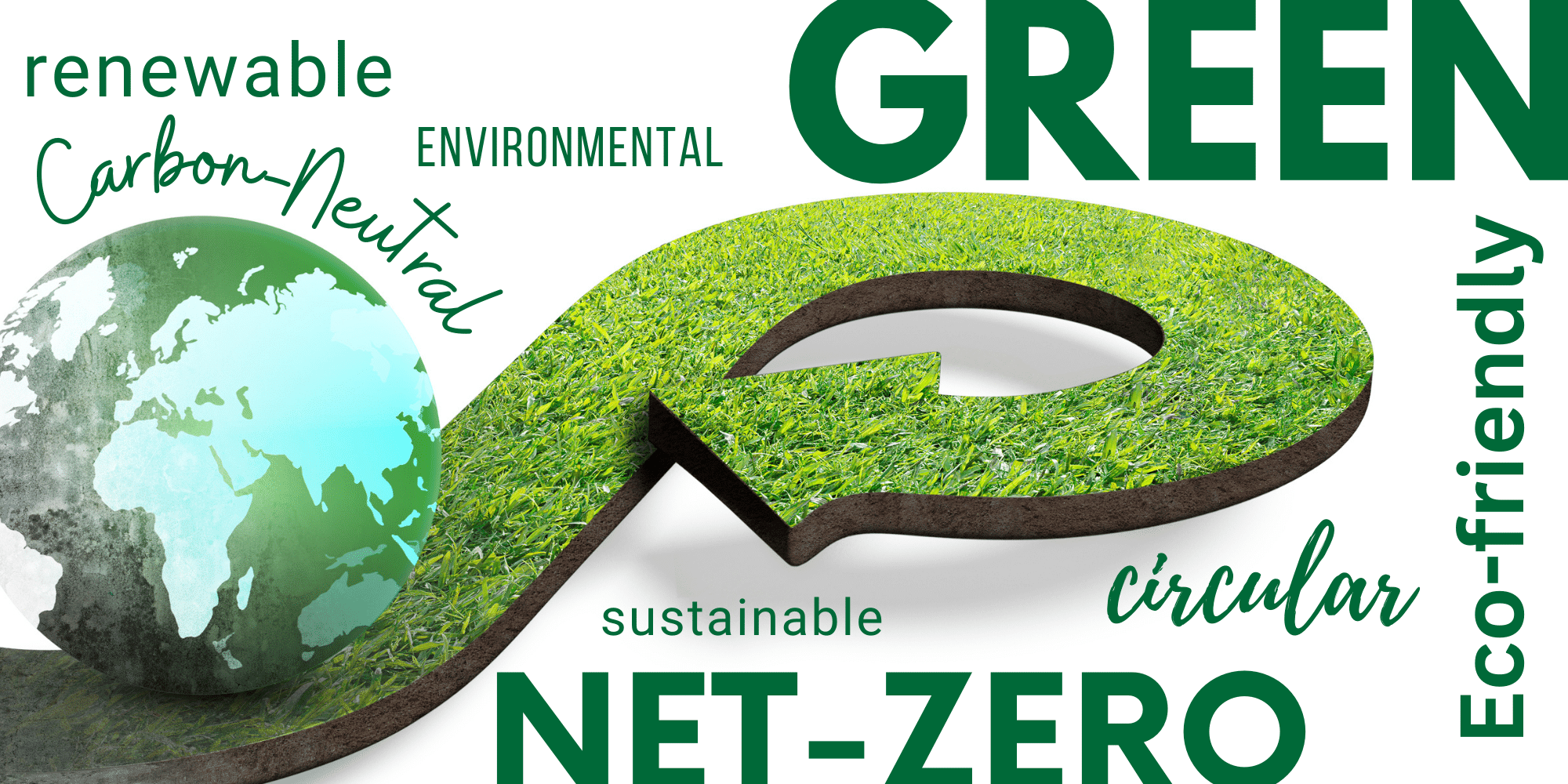On March 22, 2023, the European Commission (EC) adopted a proposal for a new “Green Claims Directive,” which will require companies to substantiate their green claims using robust, science-based, and verifiable methods, as part of the Circular Economy Action Plan under the European Green Deal.
The intent of the new laws under the directive is to help consumers make decisions on “transparent and reliable information on the sustainability, durability, and carbon footprint of the products.”
According to announcements of the initiative, The EU Green Claims Directive was proposed after research found that “more than half of environmental claims on products are misleading or unfounded in the EU, and 40% of claims do not have any evidence supporting their green credentials.”
Implementation of the new laws is set for 2024-2027 (a necessarily lengthy window given the complexity and need for capacity-building) at which time, environmental, green, and sustainable claims will then require verification by an accredited third party.
Although there is no single method for making claims, all claims will need to include company specific data (revisited every 5 years), steeped in not only scientific evidence, but also technical knowledge from a “life cycle perspective” (from raw materials to end-of-life). There will be a requirement that verification must be obtained before being used in commercial communication, and failure to comply can result in a fine of at least 4% of a company’s annual revenues, confiscation of revenue gained from related products, a ban from access to public funding, and up to a 12-month exclusion from public procurement processes.
All EU member States will be responsible for enforcing the EU Green Claims Directive, which applies to ALL businesses selling in the EU. There are some exceptions, including micro-enterprises with fewer than 10 employees and annual revenues of less than €2 million. Policy analysts caution that even if exempt from the obligations of the proposals, “all traders remain within the scope of the Unfair Commercial Practices Directive,” which opens the door to consumer complaints and potential legal action.
According to the EC, the proposal for a Directive on Green Claims “will address greenwashing by tackling false environmental claims made towards consumers and stopping the proliferation of public and private environmental labels” and ensure transparency and robustness of labeling schemes.
What Types of Claims are Covered by the Green Claims Directive?
According to the Q&A section of the EC website, the proposed Directive targets "green claims" made by businesses that state or imply a positive environmental impact, lesser negative impact, no impact, or improvement over time for their products, services, or organization.
Additionally, it requires that these green claims, such as "packaging made of 30% recycled plastic", “bee-friendly juice”, “eco-friendly materials,” “ethically-made,” or “sustainable,” must be substantiated and this substantiation must be verified ex-ante.
The proposal covers explicit claims made voluntarily by businesses for consumers, which relate to the environmental impact, aspect, or performance of a product or the trader itself, and adopt a "life-cycle" approach.

In addition, it only covers claims that are not currently covered by other EU rules. This means that if EU legislation establishes more specific rules on environmental claims for a particular sector or product category, such as the EU Ecolabel, energy efficiency label, or organic farming label, those rules will prevail over those of the directive.
The Directive’s regulations have drawn a mixed response from environmental and consumer groups. Although the laws appear to address burgeoning corporate greenwashing, the focus on climate-related claims and terms, such as “carbon neutral” included in the original proposal, are not included in the final language. There is a nebulousness, or “watering down,” say advocacy groups around carbon offsets and carbon credits, which are often prone to being ambiguous and unclear, and can mislead consumers.
Regarding reliance on offsetting, the EC recommends that companies should focus on reducing emissions in their own organization or value chain. When climate-related claims are made, companies have to be transparent about what part of that claim concerns their own operations, and what part relies on buying offsets. This should also include the integrity of the offsets themselves as well as on accurate accounting.
How does the Green Claims Directive Help Deliver Circular Economy Objectives?
Together with the March 2022 proposal for a Directive on empowering consumers for the green transition, the new rules are intended to establish a “clear regime for environmental claims and labels” and ensure consumers receive trustworthy information about the environmental credentials of the products they buy.
Also adopted as part of the Circular Economic Action Plan is the proposal on common rules promoting the repair of goods, intended to contribute to sustainable consumption via a number of measures that promote repair and make repair easier and more attractive for defects consumers may experience throughout the lifecycle of goods. Both proposals are an important element of delivering on circular economy objectives.
According to the EC, by putting in place this common set of rules within the EU internal market, the Green Claims Directive will give a competitive advantage to companies that make a genuine effort to develop environment-friendly products, services, and organizational practices, and lessen their impact on the environment. It is also expected to reduce the risk of legal fragmentation of the single market, saving costs for businesses that have their claims certified by an accredited verifier.
Despite the intent, advocacy groups suggest that without harmonized methodologies and clear rules at the EU level, the new Directive offers little clarity to businesses and consumers, and will complicate the job of verifiers and surveillance authorities.
Many of the companies we work with have had the Green Claims Directive on their radar, and several sustainability leaders have mentioned our quarterly hosted Sustainable Impact roundtables the need to be proactively preparing with the very real possibility directive requirements expanding beyond the EU. To that end, we will continue to share out Insights as this broader effort continues, as well as lessons learned, as companies add these requirements to their current and future ESG, Scope3 emissions, Biodiversity, and broader sustainability initaitives.


